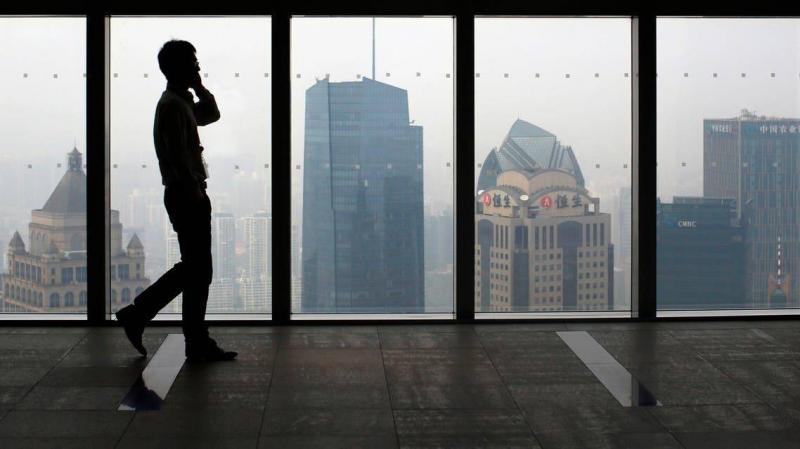Chinese billionaires are having trouble sleeping these days, amid President Xi Jinping's campaign for wealth redistribution, known as "common prosperity." Wealthy individuals find themselves on the defensive, deleting social media profiles and moving funds while focusing on anticipating the next campaign. This new emphasis on protection marks a shift for the elite, who have benefited for years from strong economic growth and a lenient official stance toward personal wealth.
In 2021, a new billionaire was born in China every week, bringing the total to over 750—greater than the combined total of India, Russia, and Germany, and just shy of the nearly 830 billionaires in the United States, according to the Bloomberg Billionaires Index. Recently, Beijing has imposed restrictions across a range of industries and work practices, inspiring a wave of philanthropy (viewed as another form of wealth redistribution), where authorities are publicly contemplating a new property tax.
Ikuo Chao, a partner advising wealthy clients at Shanghai SF Law Firm, stated, "A few years ago, people were only interested in how to invest." Now, they are no longer eager to take risks.
**The Drive to Disappear**
A group of wealth managers who spoke to Bloomberg mentioned that the first step is simply to avoid unwanted attention, especially on social media. Over the past year, armies of internet users have launched social media posts, sometimes from years ago, to attack celebrities, scholars, or anyone else perceived to be disloyal to China.
Wang Xing, founder of food delivery company Meituan, lost $2.5 billion after a cryptic post on social media was interpreted as criticism of the government. Actress Zheng Shuang was investigated for tax evasion and ordered to pay 299 million yuan (approximately $46 million) following the spread of a controversy over surrogacy on social media. A wealth advisor in Hong Kong noted that anxious Chinese clients increasingly disengage from social media platforms, including Weibo, a Twitter-like platform.
**Moving Funds**
Border closure policies and quarantine measures have limited opportunities to leave China, with or without a bag of cash. Moreover, Beijing has made it illegal for Chinese nationals to trade cryptocurrencies, which had become a recently popular way to move money abroad. This has led to increased demand for underground money changers and a similar uptick in costs, with private bankers reporting that some clients are complaining about paying commissions of up to 20%, compared to less than 10% a year ago.
For those wanting to handle it themselves, peer-to-peer transfers continue where no money technically crosses borders. This is usually facilitated among a network of business partners, where one person makes a domestic transfer to someone inside China, who then transfers an equivalent amount from their external account to the external account of the first person.
**Diversifying Holdings**
For local investors, the common prosperity program introduces uncertainty, according to Adrian Zuercher, the head of global asset allocation at UBS Wealth Management's chief investment office. He noted, "We exercise caution in the less strategic areas and advise clients to consider renewable energy and electric vehicles, sectors that will benefit given the policy focus on innovation and green technology."
Moreover, advisors are urging Chinese clients to increase their international exposure. In China, as everywhere else, many investors have portfolios overly concentrated in local companies. Chinese stock exchanges represent about 10% of global market capitalization, yet a global private bank estimates that its Chinese clients "hold between 30% and 50% of their assets in their local market."
International exposure can also be viewed as a hedge against local economic shocks or ongoing disruptions in China's property market, which constitutes an astonishing 70% of net wealth for urban households.




